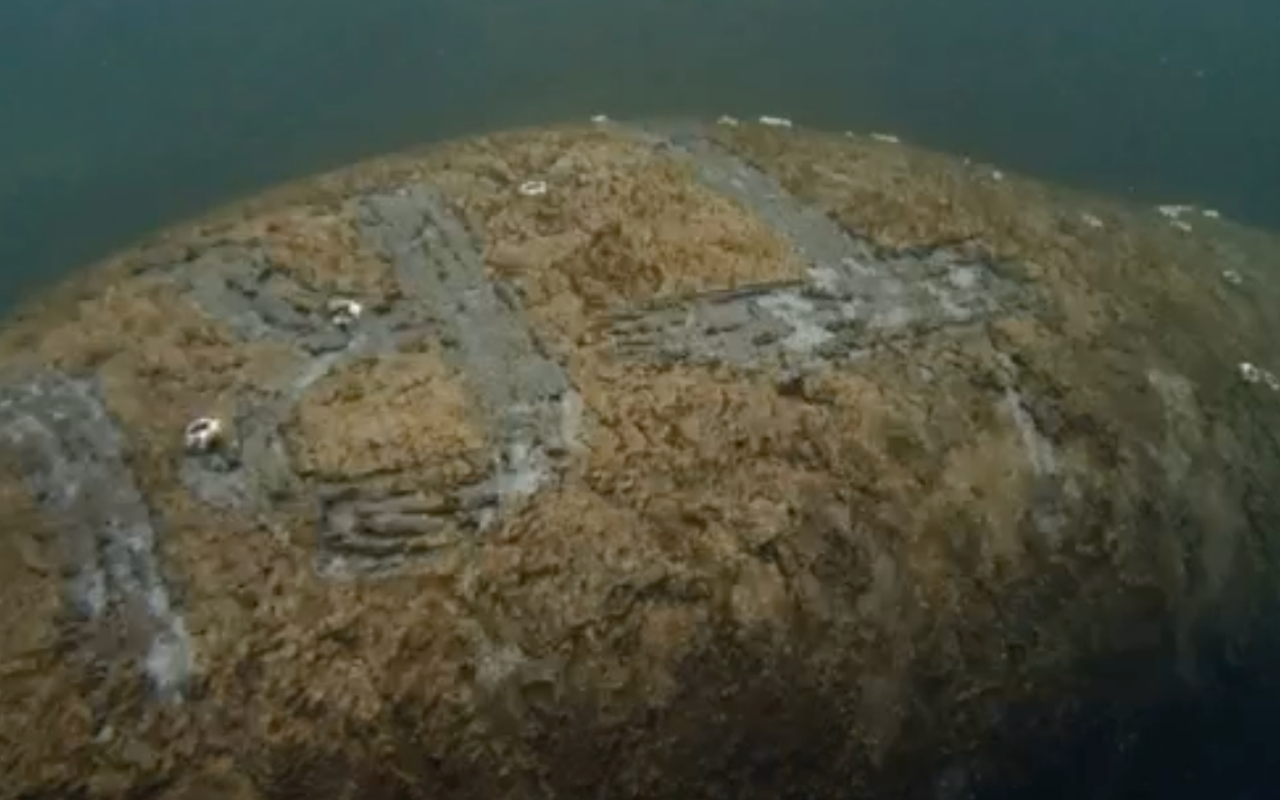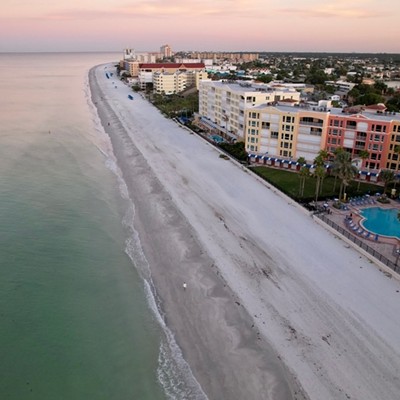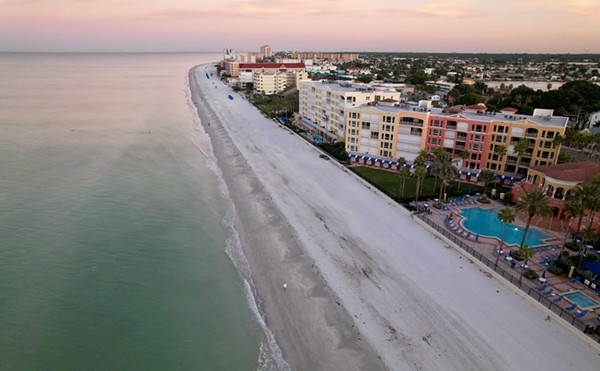In a video shared to YouTube by Audubon Florida volunteer Bob Truesdell, the man in the black pro-Trump shirt can be seen illegally riding an e-scooter on Redington Shores Beach. He then passes the camera and swerves through a colony of threatened Black Skimmers and then runs over a protected Royal Tern.
Royal Terns are not an endangered species, but, like all shorebirds, they are federally protected through the Migratory Bird Treaty Act.
"This guy came through one time, and I missed him because I didn’t have my camera stuff set up. Then he returned and this time I had my camera set up. He swerved around me and then went up into the birds on purpose," said Truesdell to WTVT. "It just sat there for about 25 minutes. It tried to fly, but it couldn’t get any altitude."
The bird later died from its injuries.
The Florida Fish and Wildlife Conservation Commission (FWC) is aware of the incident where a Royal Tern was injured at Redington Beach, Pinellas County. This incident is currently under investigation, and no additional information is available at this time. The FWC takes wildlife violations very seriously and encourages the public to report them by downloading the FWC Wildlife Alert app, texting 847411 (Tip411) with keyword “FWC” and information about the violation, calling the FWC’s Wildlife Alert Hotline at 888-404-FWCC (888-404-3922) or submitting a tip online at MyFWC.com/WildlifeAlert.The Indian Shores Police Department is currently looking for any information about the incident, which occurred last Friday, July 19. The unidentified man faces a potential animal cruelty charge (a felony) and a $93 fine for riding his scooter on the beach.
All shorebirds and seabirds nesting in Florida are federally protected by the Migratory Bird Treaty Act.
It is nesting season for beach-nesting shorebirds and seabirds, and people visiting our coastlines can help ensure nesting success by going around rather than through flocks of birds on the beach. Give beach-nesting birds at least 300 feet of space to avoid causing them to fly off, leaving hard-to-see chicks and eggs vulnerable to being stepped on and potential harm from being exposed to the elements and predators. Even when not nesting, shorebirds and seabirds use the beach as important habitat for resting and foraging. Learn more ways to share the shore and help beach-nesting birds at MyFWC.com/Shorebirds.
Subscribe to Creative Loafing newsletters.
Follow us: Google News | NewsBreak | Reddit | Instagram | Facebook | Twitter















